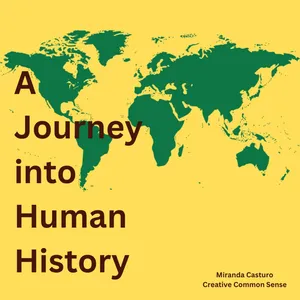During the Mali Empireâs period of decline, the Soninke-speaking people of the Niger established a new polity centered on the trade city of Gao, which soon became the capital of the Songhai kingdom. During the sixteenth century, Songhai grew into a larger and wealthier state than even the fabled Mali. Its prosperity depended on controlling the trans-Saharan trade routes of West Africa. This trade was made possible largely by nomadic and seminomadic peoples such as the Sanhaja and Tuareg who acted as caravan leaders, merchants, and traders. They had long maintained contact across the Sahara and were familiar with the oases and settlements along the way.
The conversion to Islam of North African peoples followed the Arab conquests of the seventh century, but over time, their loose interpretation of and adherence to Islamic law, custom, and practice made them a target for radical and militant religious movements, particularly in the Maghreb region of northwest Africa. These movements, the Almoravid and later the Almohad, sought to reform the prevailing Sunni Islam then propagated by the Umayyad Caliphate. The result was decades of conflict, amounting to civil war, centered on Morocco, during which the Almoravids wrested control of the region from the Umayyads. The Almoravid Empire was short-lived; its traditionalism alienated many, who rebelled and overthrew the Almoravids when they conquered their capital at Marrakesh. The Almohads had no greater luck than their predecessors, and their dynasty soon collapsed under the weight of internal conflict and rebellion.
All images referenced in this podcast can be found at https://openstax.org/books/world-history-volume-1/pages/15-3-the-people-of-the-sahel
Welcome to A Journey into Human History.
This podcast will attempt to tell the whole human story.
The content contained in this podcast was produced by OpenStax and is licensed under a Creative Commons Attribution License.
Access for free at
https://openstax.org/books/world-history-volume-1/pages/1-introduction Podcast produced by Miranda Casturo as a Creative Common Sense production.


